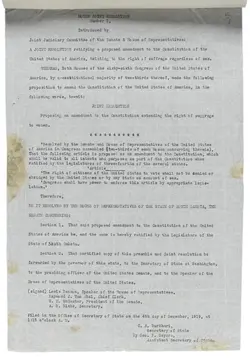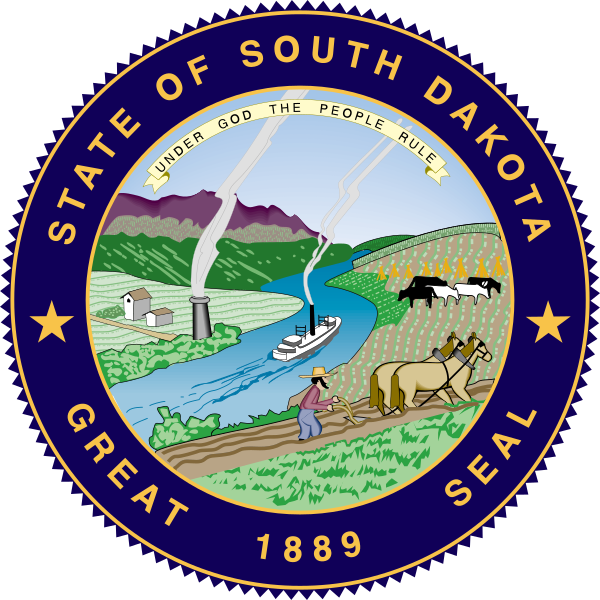With the Trump administration scaling back federal efforts to protect Americans from medical bills they can’t afford, advocacy efforts have shifted towards state Capitols. South Dakota, one of the conservative states, faced significant challenges in passing protective legislation for patients burdened with medical debt. Despite this setback, advocates continue to push for reforms, emphasizing the need for state-level action to address the medical debt crisis.
South Dakota has become a notable battleground due to its significant banking industry presence, which has greatly influenced legislative outcomes regarding medical debt protections. This backdrop poses challenges yet highlights opportunities for future progress.
In recent years, states like Maine and Colorado have made notable strides in patient protections. Maine joined a growing list of states by passing legislation barring medical debt from credit reports. This measure was passed unanimously with bipartisan support, showcasing a commitment to consumer protection. Meanwhile, in Colorado, lawmakers have implemented similar policies, removing medical debt from credit reports and capping interest rates at a modest 3%.
In contrast, South Dakota, alongside other conservative-leaning states like Indiana, Montana, Nevada, and Wyoming, faced opposition that stalled similar efforts. South Dakota’s banking industry and conservative leadership have played a crucial role in this resistance. State Representative Brian Mulder highlighted the power and influence of financial institutions in the state, warning against potential risks posed by removing medical debt information from credit reports.
This legislative inertia highlights an urgent need for statehouses to respond to the medical debt crisis, especially as millions of Americans are expected to lose insurance coverage due to recent GOP tax law changes. Advocates like Lucy Culp from Blood Cancer United stress the importance of continued efforts at the state level, hoping future initiatives will gain traction even in states with strong industry opposition.
Yet South Dakota demonstrates that the debate is not simply a partisan issue. While many conservative states have struggled to pass protective legislation, some GOP members recognize the need for reform. In Virginia, for example, the state’s Republican governor signed a measure restricting wage garnishment and capping interest rates on medical debt, reflecting bipartisan support for consumer protections.
In summation, while South Dakota’s current legislative environment presents challenges due to its dominant banking sector, there remains potential for progress. Patient protection advocates remain hopeful that future legislation may overcome industry opposition, drawing inspiration from states like Maine and Colorado where bipartisan support has facilitated positive change. As the national landscape of healthcare debt continues to evolve, South Dakota’s legislative trajectory will be a critical area to watch.
With a significant portion of the U.S. population burdened by healthcare debt, estimated to affect around 100 million adults, the need for comprehensive medical debt reform remains pressing. By highlighting the banking industry’s influence in South Dakota and recognizing successful legislative models from other states, there is a roadmap for future advocacy efforts aimed at fostering consumer protections.
As the efforts continue, both in the South Dakota state Capitol and across the nation, the necessity of safeguarding Americans from crippling medical debt underscores the importance of continued advocacy and legislative action.
For more insights into the legislative landscape surrounding medical debt reform, including developments in other states, visit the KFF Health News website.

South Dakota State Legislature
- South Dakota’s legislative environment is heavily influenced by the banking industry.
- Bipartisan support in states like Colorado and Maine has led to successful medical debt reform.
- Advocates remain hopeful about overcoming the challenges through persistent efforts.
- The GOP tax law changes could lead to increased uninsured rates, exacerbating the debt crisis.
- Approximately 100 million Americans carry some form of healthcare debt.
The arduous path to medical debt reform in South Dakota reflects a larger national struggle, illustrating the complex interplay between industrial influence and consumer protection. As advocates and legislators navigate this challenging terrain, the hope is that persistent efforts will eventually yield greater protections for patients.
